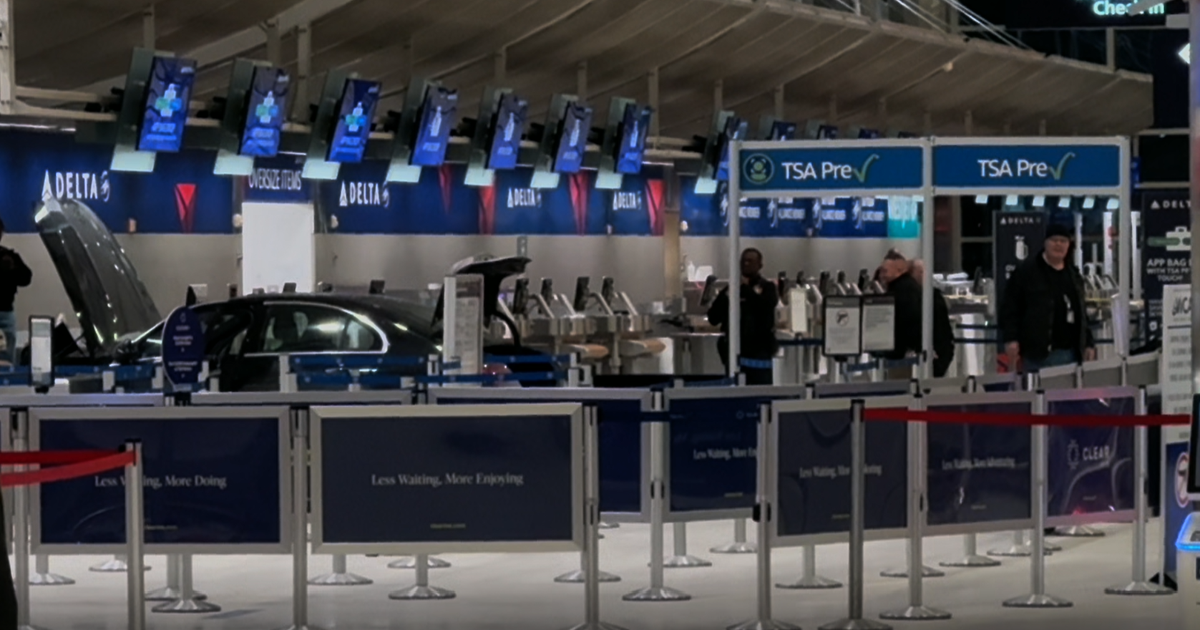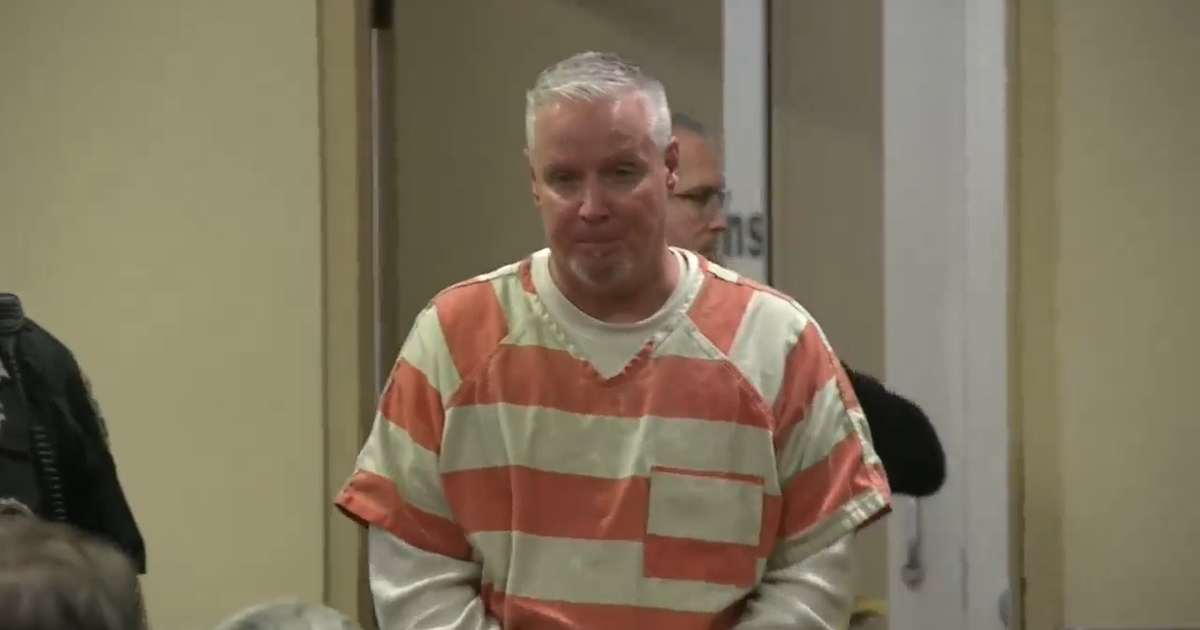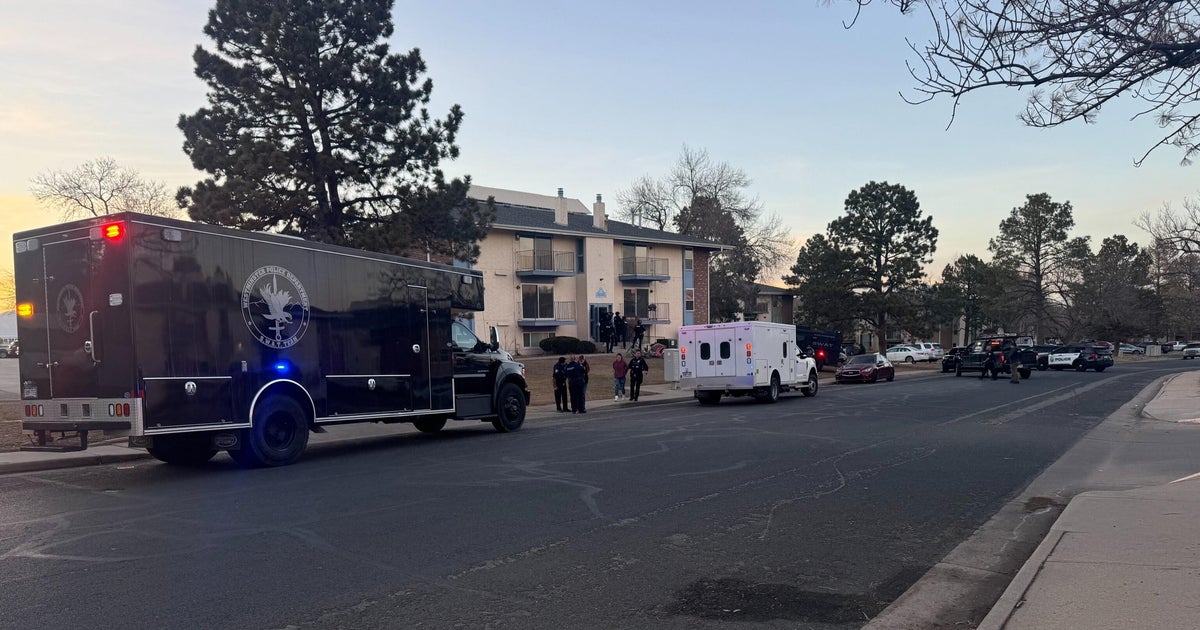Brig Boss: Manning's Treatment Closely Watched
FORT MEADE, Md. (AP) -- The former head of a Marine Corps brig testified Monday that she was shocked when the base commander asked for advance notice of any orders she planned to give regarding the confinement of Pfc. Bradley Manning, the soldier charged with sending classified information to the anti-secrecy website WikiLeaks.
The request was surprising because brig commanders have sole authority to determine the custody status of detainees, Chief Warrant Officer 2 Denise Barnes said. She testified on the 10th day of a pretrial hearing at Fort Meade, near Baltimore, to determine whether the nine months Manning spent in tight confinement at Quantico, Va., amounted to illegal pretrial punishment, possibly warranting dismissal of his case.
Barnes was the 11th of 14 government witnesses. Lawyers plan to make their closing arguments when the hearing resumes Tuesday.
Barnes testified that Col. Daniel Choike, then garrison commander at Quantico, made the request after Barnes ordered in early March 2011 that Manning be stripped of his underwear each night as a suicide-prevention measure. Manning stood naked at attention the next morning, resulting in news coverage that embarrassed the military and heightened worldwide interest in his case.
Barnes said Choike called her to say that Lt. Gen. George Flynn, then the highest-ranking officer at Quantico, wanted her to run any orders involving Manning up the chain of command before executing them.
"I was kind of shocked," Barnes said. "The base commander does not control the brig OIC." The acronym stands for "officer in charge," which was Barnes' position.
Barnes said she never received any orders regarding Manning's confinement conditions. He continued to be stripped of his underwear at night until he was moved to medium-security pretrial confinement at Fort Leavenworth, Kansas, in April 2011.
Barnes acknowledged that nothing in the military corrections manual authorizes removing clothing from detainees who aren't on suicide watch. Manning was on less-restrictive "prevention of injury" status at the time, and remained so until he left Quantico.
Barnes was the brig commander during the last three months of Manning's confinement at Quantico. For all of his nine months there, he was held in maximum custody, with additional restrictions ostensibly aimed at preventing suicide or self-injury. The restrictions kept him confined to his cell at least 23 hours a day.
Defense attorney David Coombs claims those conditions were controlled by Flynn. Choike has denied that Flynn influenced Manning's confinement.
Two members of Manning's Army chain of command testified that he told them almost weekly that he didn't understand why he was on the heightened restrictions. Capt. Joe Casamatta said he followed up on the matter and was told by brig commanders that Manning was at risk of harming himself. Manning had acknowledged having suicidal thoughts shortly after his arrest nine months earlier.
Casamatta said he became skeptical of the explanation after the underwear seizure, which was prompted by a remark Manning had made to a guard about the dangerous waistband. Casamatta said he regarded Manning as an intelligent, articulate soldier who made a tongue-in-cheek comment.
"I just believed he wouldn't have such thoughts as to actually kill himself with his underwear, sir," Casamatta said during cross-examination by defense attorney David Coombs
The hearing is scheduled to end Wednesday. To prevail, the defense must show either that Manning was punished or that the restrictions were so egregious they were tantamount to punishment. To quash the claim, the government must prove by a preponderance of evidence that brig officials justifiably believed the strict conditions were needed to keep Manning from hurting or killing himself.
The 24-year-old native of Crescent, Okla., was an intelligence analyst in Iraq. He is charged with 22 offenses, including aiding the enemy, which carries a maximum penalty of life in prison. He is accused of leaking hundreds of thousands of classified Iraq and Afghanistan war logs and more than 250,000 diplomatic cables while working as an intelligence analyst in Baghdad in 2009 and 2010.
He is also charged with leaking a 2007 video clip of a U.S. helicopter crew gunning down 11 men later found to have included a Reuters news photographer and his driver. The Pentagon concluded the troops acted appropriately, having mistaken the camera equipment for weapons.
(Copyright 2012 by The Associated Press. All Rights Reserved.)






